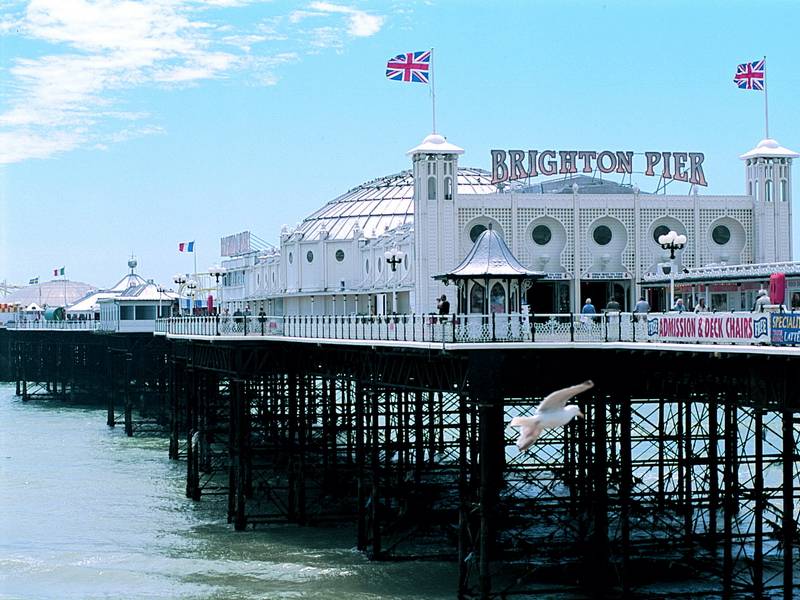Expenses Landlords Can Deduct
Landlords must pay tax on any profit from their property rental business (although income from property of less than £1,000 a year can be ignored). In working out the profits, expenses are deducted from rental income. To ensure that the landlord does not pay more tax than is necessary, it is important to deduct all allowable expenses. Remember, the profit calculation is undertaken for the property income business as a whole, not on a property by property basis. Consequently, it does not matter whether the expenses incurred in relation to an individual property exceed the rental income from that property – it is the overall result that matters.
Cash basis
From 6 April 2017, the cash basis is the default basis for eligible landlords. Where accounts are prepared on the cash basis, it is the date that the expenditure was incurred that is the key date.
Allowable expenses
An expense is an allowable expense if it is incurred wholly and exclusively for the purposes of renting out the property. Common examples of expenses which may be allowable include: repairs and maintenance, water rates, council tax, gas and electricity, insurance, gardening, cleaning, letting agents fees, accountants fees, office expenses and advertising.
Interest and other finance costs
Relief is available for interest on a loan up to the value of the property when it was first let. However, the way in which relief is given for interest is changing from relief as a deduction from income to relief as a deduction at the basic rate from the tax that is due.
For 2017/18, relief for 75% of the interest costs is available as a deduction and relief for the remaining 25% as a basic rate tax reduction, for 2018/19, relief for 50% of the interest costs is available as a deduction, with relief for the remaining 50% as a basic rate tax reduction. For 2019/20, only 25% of the interest costs are deductible, with relief for the remaining 75% being given as a basic rate tax reduction. From 2020/21 onwards, relief for all interest costs is given as a basic rate tax reduction.
Vehicles
A deduction for vehicle costs can, from 6 April 2017 onwards, be claimed using the approved mileage rates. This is generally easier than working out the deduction based on actual costs (although this method can be used if preferred). The rates are: cars and vans 45p per mile for the first 10,000 business miles, 25p per mile for subsequent miles; motorcyles 24p per mile.
Capital expenditure under the cash basis
Under the cash basis, expenditure for capital items is deductible unless specifically disallowed. Capital items for which a deduction is not allowed include land and cars.
Domestic items
Where the property is let furnished, a deduction is allowed for replacement domestic items, as long as they are of an equivalent standard to the item being replaced. A deduction is not allowed for enhancement expenditure.
Property allowance
A property allowance of £1,000 is available. Property income of less than £1,000 does not need to be reported to HMRC. Where income exceeds £1,000, the £1,000 allowance can be deducted instead of deducting actual expenses. This will be beneficial where actual expenses are less than £1,000.


